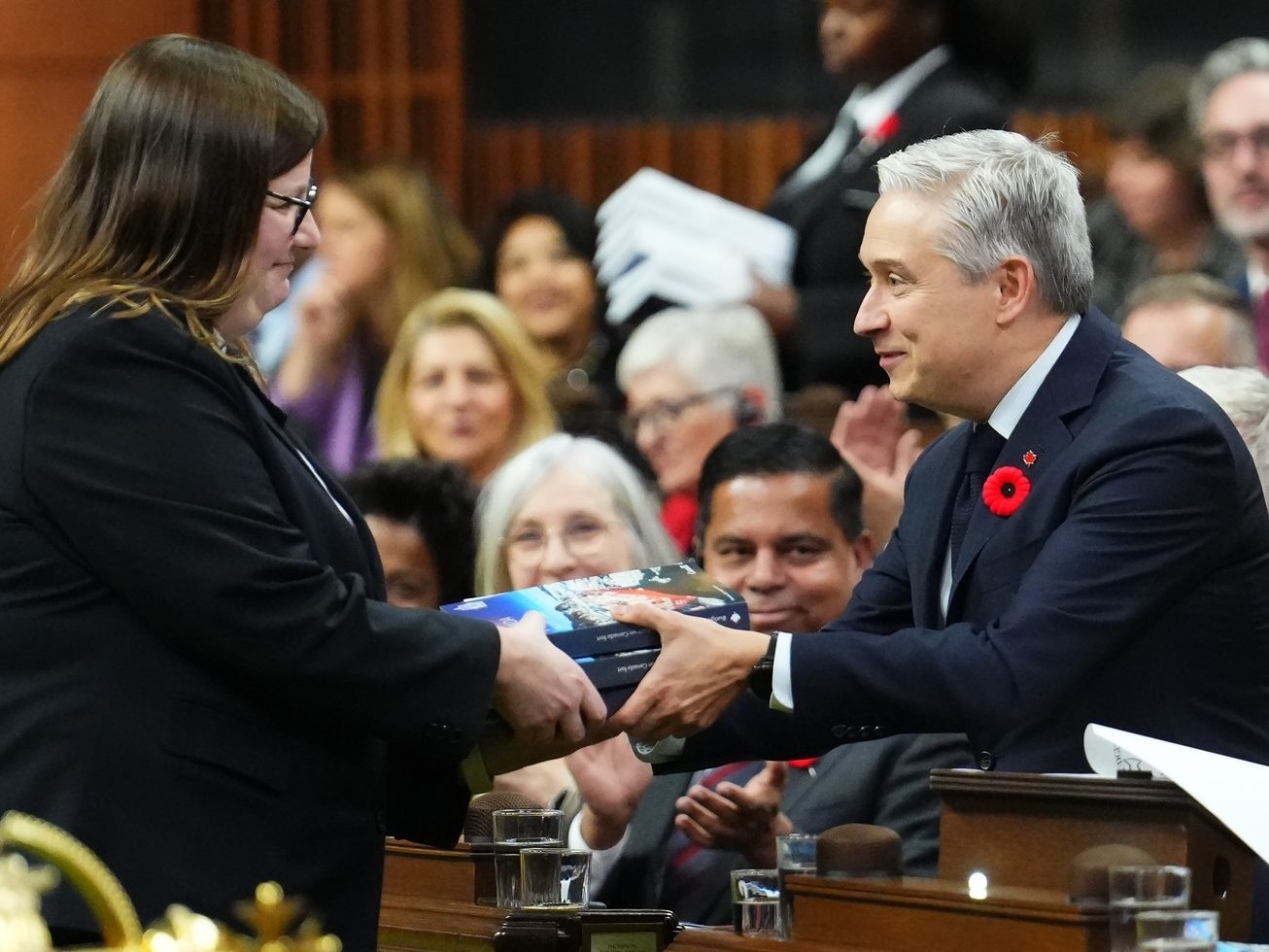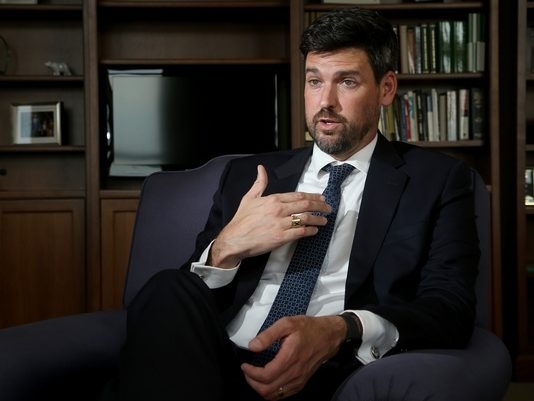A powerful assessment landed this week, signaling a pivotal moment in Ukraine’s future. President Volodymyr Zelenskyy announced the European Commission’s report confirms his nation is making significant strides toward European Union membership, ready to begin negotiations on key areas.
This isn’t merely procedural progress; it’s a testament to Ukraine’s resilience. Even while battling a full-scale invasion, the country continues to implement sweeping reforms, aligning itself with European standards and demonstrating an unwavering commitment to its aspirations.
Ukraine’s candidacy began in February 2022, a defiant act of determination launched in the face of Russian aggression. The Commission’s comprehensive report evaluated the progress of several nations, but Ukraine’s advancement stood out, earning praise for its remarkable fortitude.
However, the path isn’t without its challenges. The Commission highlighted concerns regarding the robustness and independence of Ukraine’s anti-corruption framework, a critical component of EU membership requirements.
Recent controversy surrounding a bill perceived to undermine key anti-corruption agencies sparked public outcry and international pressure. Zelenskyy responded swiftly, reversing the changes with a new law designed to safeguard the independence of these vital institutions.
The Commission specifically called for the continued preservation of anti-corruption bodies’ independence and an expansion of the National Anti-Corruption Bureau’s jurisdiction. These measures are seen as essential for building trust and ensuring accountability.
Positive assessments were given to Ukraine’s adopted roadmaps focusing on the rule of law, public administration, and democratic institutions. An action plan addressing the rights of national minorities also received favorable reviews.
The Commission greenlit the opening of negotiations in three crucial areas – fundamentals, external relations, and the internal market. The expectation is that Ukraine will meet the remaining conditions to open negotiations in all areas before the year’s end.
Ukraine has set an ambitious goal: to provisionally close accession negotiations by the end of 2028. The Commission acknowledges this objective but stresses the need for an accelerated pace of reform, particularly in upholding the rule of law.
Prime Minister Yulia Svyrydenko hailed the report as Ukraine’s best result in three years, reaffirming the commitment of the President, Parliament, and Government to EU membership. It remains a top national priority.
Despite the momentum, obstacles remain. Hungarian Prime Minister Viktor Orbán has voiced reservations, proposing a “strategic agreement” with Kyiv as an alternative to full EU membership, suggesting that complete integration is “too much.”
Orbán’s stance introduces a significant political hurdle, highlighting the complexities of navigating the path to EU membership. Ukraine’s journey will require continued determination, reform, and diplomatic maneuvering.






